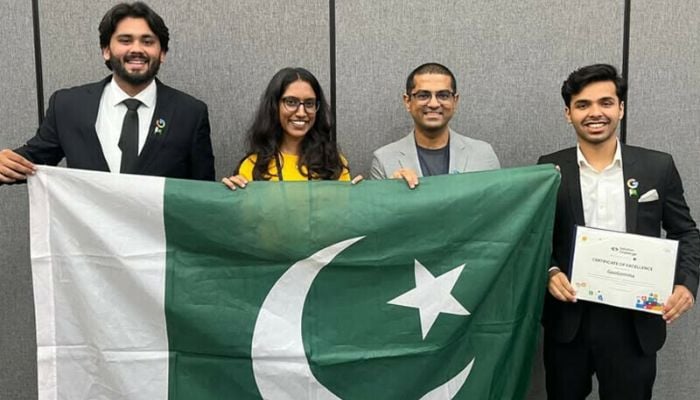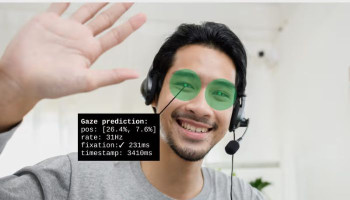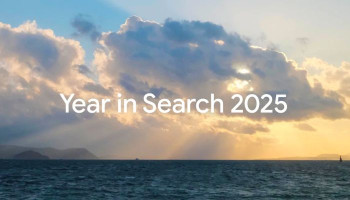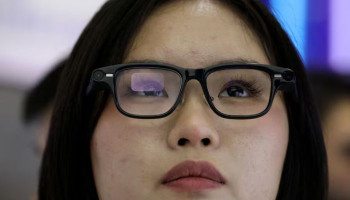
(From left) IST’s Ahmed Iqbal, Google’s Amrita Nambiar, Saad Hamid, and IST’s Abdullah Asif pose with Pakistan’s flag after winning ‘Best AI Use Case’ at the APAC Solution Challenge in Manila on June 26, 2025. — Institute of Space Technology website
In the 2025 Asia-Pacific Solution Challenge — a prestigious technology contest supported by Google and the Asian Development Bank — two Pakistani teams distinguished themselves.
The Institute of Space Technology in Islamabad's Team GeoGemma won the Best AI Use Award for their innovative solution that uses artificial intelligence and satellite imagery to provide risk assessments and early warning alerts for regions vulnerable to natural disasters.
By using geospatial technology to anticipate and prepare for such events, this novel system has a great deal of potential to save lives.
With more than 750 teams from 12 countries in the Asia-Pacific region competing in the challenge, the team's achievement is especially remarkable considering the fierce competition they faced.
The inventive use of AI and satellite imagery in Team GeoGemma's solution made it stand out, and Ahmed Iqbal, Hanzila Bin Younas, Khalil Ur Rehman, and Abdullah Asif were praised for their excellent work.
Apart from Team GeoGemma's accomplishment, Team i+1 from NUCES FAST, another Pakistani team, has also gained recognition for placing among the competition's Top 10 finalists.
Their AI-powered document classifier, created with Gemini tools, aims to increase inclusivity and knowledge access by making complex texts more approachable for neurodivergent people.
This creative solution demonstrates AI's capacity to bring about constructive change and enhance people's lives.
Dr Asima Rabbani, Pakistan's ambassador to the Philippines, hosted the teams at her official residence and celebrated their accomplishments.
Dr Rabbani commended the teams' creative thinking and recognised the assistance provided by academic mentors, organisations, and competition organisers.
Highlighting the significance of developing talent and fostering innovation in the nation, she emphasised that these achievements indicate Pakistan's increasing potential in the global AI and innovation ecosystem.
















